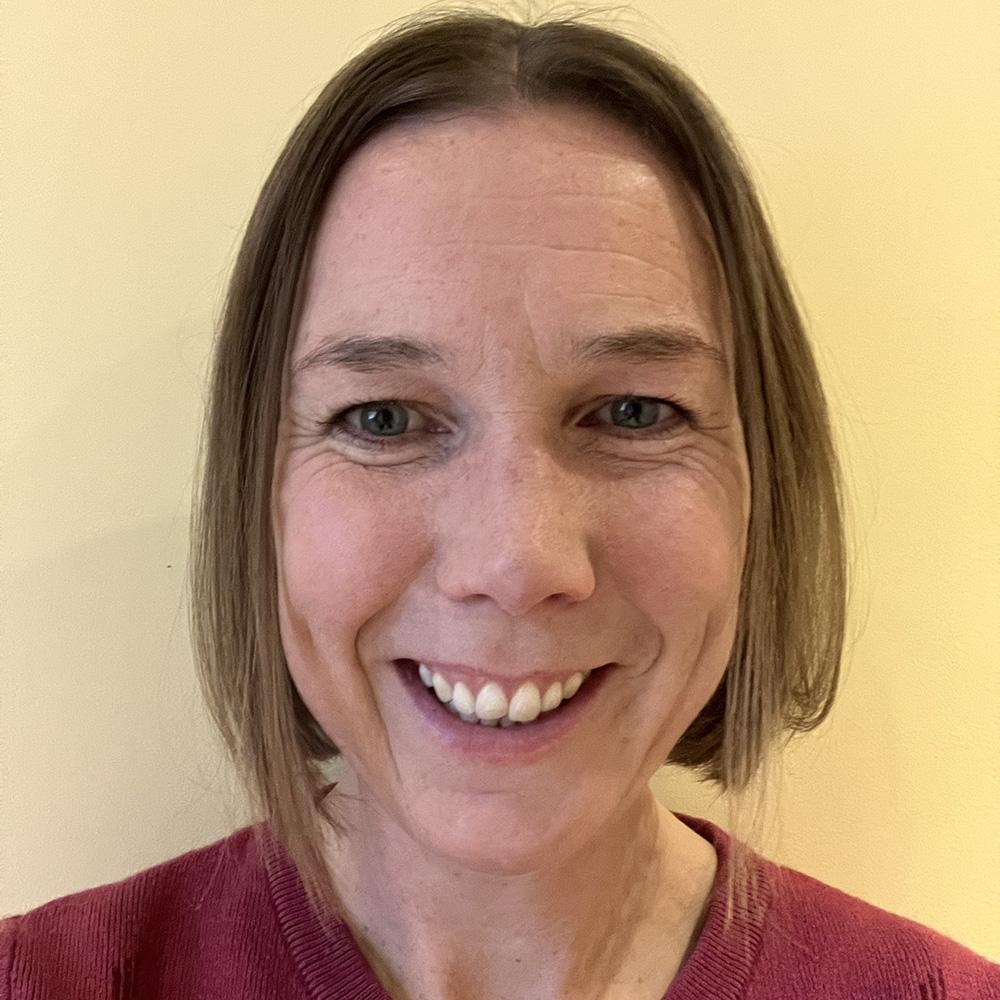Study Group 3
Acute pancreatitis, coeliac disease, measles and more
Jump to Agenda
Duration 3 hours
Online Zoom meeting
Earn 3 CPD credits
Included with Pro
Select preferred date and time
Book this session
6:00 PM – 9:00 PM (GMT+00:00)
Online
Book this session
Book this session
9:00 AM – 12:00 PM (GMT+00:00)
Online
Book this session
Book this session
6:00 PM – 9:00 PM (GMT+01:00)
Online
Book this session
Book this session
9:00 AM – 12:00 PM (GMT+01:00)
Online
Book this session
Book this session
9:00 AM – 12:00 PM (GMT+01:00)
Online
Book this session
Book this session
6:00 PM – 9:00 PM (GMT+01:00)
Online
Book this session
Book this session
6:00 PM – 9:00 PM (GMT+00:00)
Online
Book this session
Book this session
9:00 AM – 12:00 PM (GMT+00:00)
Online
Book this session
Agenda
Acute pancreatitis
Acute pancreatitis typically presents with severe sudden-onset mid-epigastric or left upper quadrant abdominal pain, which often radiates to the back. Nausea and vomiting are seen in the majority of patients. Swift diagnosis is important because, although approximately 80% of cases are mild, in severe cases the mortality rate is as high as 30%. This session looks at how to recognise this condition clinically, which investigations to perform and the best treatment options.
Alcohol withdrawal
Alcohol withdrawal occurs in patients who are alcohol-dependent and who have stopped or reduced their alcohol intake within hours or days of presentation. Symptoms typically begin 6 to 24 hours after the patient's last alcoholic drink and may progress to life-threatening alcohol withdrawal delirium (also known as delirium tremens), with or without seizures. This presentation gives an overview of how to recognise the condition, effective treatment options and when to consider hospital admission.
Post-traumatic stress disorder
Post-traumatic stress disorder (PTSD) may develop (either immediately or delayed) following exposure to a stressful event or situation of an exceptionally threatening or catastrophic nature. Assessment should cover physical, psychological and social needs and an assessment of risk; this can be facilitated by the use of screening questionnaires and a clinical interview schedule. We look at PTSD risk factors, common presentations, evidence-based treatment options and prognosis.
Gambling-related harms: NICE guidance
In 2025, NICE published a new guideline focused on gambling related harms. This session reviews that guideline and discusses identifying those experiencing gambling-related harms and the support that can be offered.
Long-term risks of proton pump inhibitors
Proton pump inhibitors (PPIs) are some of the most widely prescribed medications worldwide, but concerns have been raised about potential long-term risks. Here, we review the current evidence and offer practical advice for reducing risks.
Coeliac disease
A discussion of serological testing, referral criteria and management of coeliac disease. We also cover recommended dietary advice and monitoring for those with this condition.
Measles
With rising numbers of measles cases in the UK, this session focuses on the diagnosis and management of measles. It also covers the complications that can be associated with this condition.

